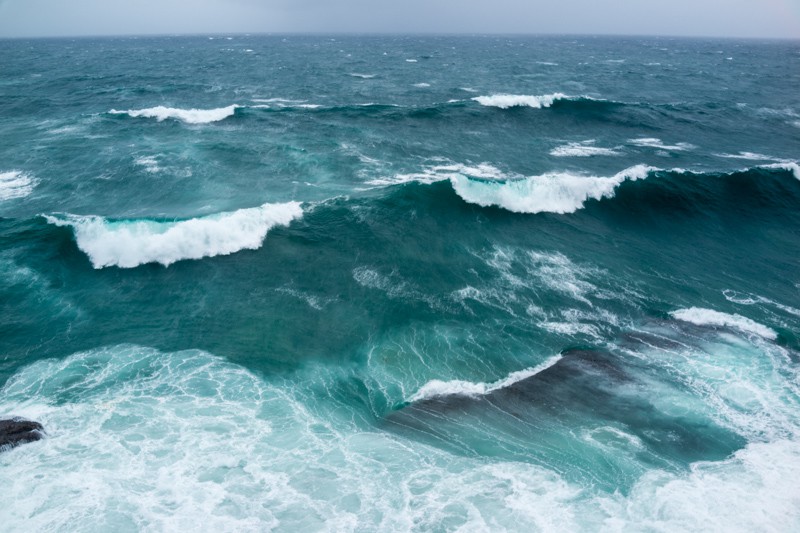Share
World Press Photo And Its Credibility Issue
Update March 4, 2015: World Press Photo Withdraws Award for Giovanni Troilo’s Charleroi Story “World Press Photo is committed to supporting and...

Update March 4, 2015: World Press Photo Withdraws Award for Giovanni Troilo’s Charleroi Story
“World Press Photo is committed to supporting and advancing high standards in photojournalism and documentary photography worldwide.”
– About The Foundation, World Press Photo
“Up to 20% of World Press Photo entries that made it to the penultimate round of the contest were disqualified after they were found to have been manipulated or post-processed carelessly, the Dutch organization has confirmed.”
– World Press Photo Disqualifies 20% of Its Contest Finalists, TIME Magazine, Feb 12, 2015
“I think the contest standards have been quite clearly discussed in the wake of the disqualifications in the last two contests. No doubt there could be better communication from World Press Photo…It is a pity that the photo media did not cover that report and the issues it raised more fully late last year, because we could have had a good debate about standards prior to the contest this year.”
– What Are World Press Photo’s Rules and Standards On Manipulation? David Campbell via Storify.com, Feb 18, 2015
“To that end, we have agreed that our two organizations will work together to bring together a symposium to discuss and explore the topic of ethics this fall, possibly in New York City at Columbia University. NPPA and World Press are united in our similar goals and priorities. We’re here to educate, both the photojournalism community the public at large, and to advocate for photojournalists and photojournalism, and to elevate the importance and significance of photojournalism in a free and informed society. We look forward to working with World Press on this issue for the betterment of the photojournalism community.”
– NPPA Releases Photo Ethics Statement, Plans Symposium with World Press Photo, NPPA, Feb 21, 2015
“World Press Photo conducted an investigation into whether the photographer had contravened journalistic ethics about staging in his work, or had mislead the contest jury…The conclusion of this investigation is that World Press Photo finds no grounds for doubting the photographer’s integrity in carrying out his work. No misleading facts have been uncovered in the caption information that was made available for the jury. As a result Giovanni Troilo’s award stands in the 2015 Photo Contest.”
– World Press Photo Investigation Confirms Award to Contemporary Issues Story Winner, World Press Photo, March 1, 2015
“The final decision was made by the chair of this year’s jury, Michele McNally of the New York Times; the secretary of the jury, David Campbell; and Boering himself. McNally was unable to comment at the time of writing.”
– World Press Photo Upholds Controversial Decision, TIME Magazine, March 2, 2015
“There is also no doubt in my mind, that they are fine images. But…it is beyond the shadow of a doubt in my mind, that it is not photojournalism. It is, at best, photo illustration…I am saddened to see images like this awarded in a category that has historically produced some of the finest stories of our generation. And I am equally saddened that World Press Photo has decided to uphold the award after some of these revelations were brought to light.”
– An Open Letter to World Press Photo, jimcolton.com, March 2, 2015
“I personally think all contests in photojournalism should be just disbanded and destroyed all together. Spend energy and resources into improving the industry, protecting photographers in the field, education on ethics, building resources that help photojournalists when they are laid off transition into the freelance world, and preservation of the field. Contests do start conversations, but these recent conversations are just negative and take attention away from what is important – the subjects and issues of the people we cover.”
– Chip Litherland via Facebook, March 2, 2015
When the review committee doesn’t include a photojournalist and fails to interview any of the photo subjects, you have a credibility issue.
When photographers asks for better ethics policing from an organization that is “committed to supporting and advancing high standards in photojournalism” and aspires to be a “think tank of the industry,” you have a credibility issue.
When a sister organization that has discussed co-producing an ethics symposium issues no comment on the latest awards controversy, you have a credibility issue.
In the spirit of constructive criticism, I would offer the following to World Press Photo:
- Convene a panel of photojournalists from around the world to form an ethics committee. This is a modestly compensated group with rotating seats to ensure continuity from year to year. This group is responsible for 1) creating a methodology for investigating and resolving ethical issues, 2) issue rulings when winners come into question, and 3) liaise with other major photojournalism contests to work towards a unified understanding of ethics.
- Release the tools and criteria for determining disqualified images
- Alter the terms of the contest so that rejected images can be published for educational purposes
- Create a set of visual guidance on what is and is not allowed based on real news photos
- If the aforementioned seems too onerous, then rename simply rebrand: World Photos.
Giovanni Troilo won the 1st prize for Contemporary Issues in the 2015 World Press Photo contest*


